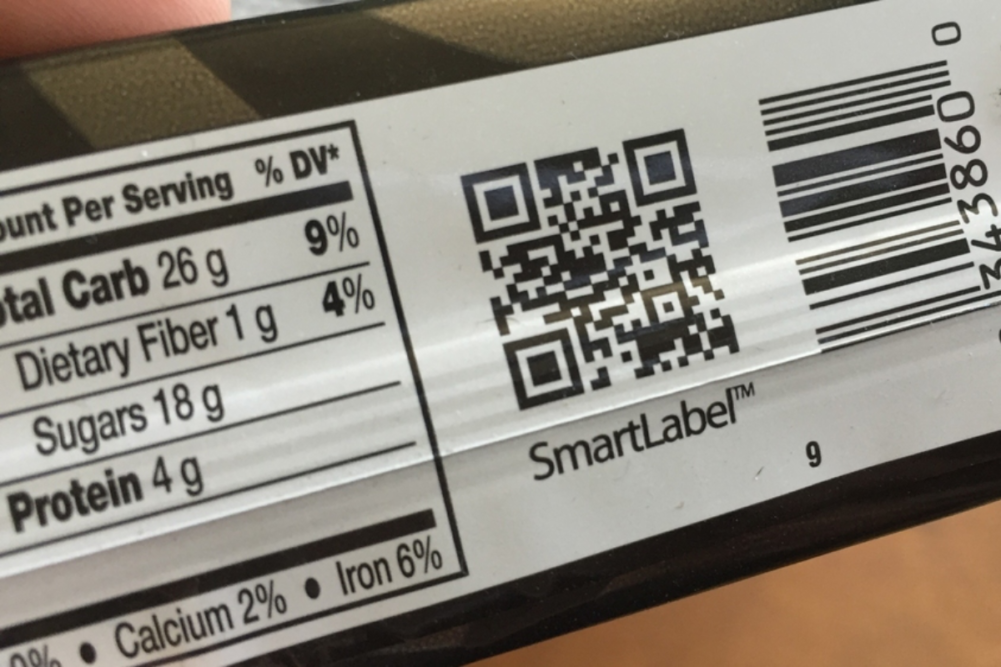WASHINGTON — The Center for Food Safety and several other groups on July 27 filed a lawsuit challenging the US Department of Agriculture’s 2018 National Bioengineered Food Disclosure Standard, which implemented the Bioengineered Food Disclosure Act of 2016. That standard defined GMO foods as those containing detectable genetic material modified through lab techniques and not be created through conventional breeding or found in nature.
The action, filed in the US District Court for the Northern District of California, claims the USDA “fell far short of fulfilling the promise of meaningful labeling of GE foods,” and “in many ways the result is in the direct or de facto concealment of these foods and avoidance their labeling.”
In addition to the Center for Food Safety, other plaintiffs in the lawsuit include Natural Grocers, Citizens for GMO Labeling, Label GMOS, Rural Vermont, Good Earth Natural Foods and Puget Consumers Co-Op. In addition to the USDA, the defendants include (in their official capacities) Sonny Perdue, US Secretary of Agriculture, and Bruce Summers, administrator of the Agricultural Marketing Service.
The action has four claims, briefly including how the GMO disclosure is provided (in electronic or digital forms), what terminology is permitted (use of bioengineered instead of GE or GMO on labels), what foods are covered (noting the “vast majority of GE ingredients are not whole foods but rather higher processed foods with GE ingredients,” which would include sugar, corn sweeteners and soybean oil), and the “right of improving on the limited and flawed disclosure the rules provide.”
The third point on what foods are covered involves allowing the exclusion foods containing highly refined ingredients that the lawsuit says “by some estimates account for over 70% of all GE foods.” Those ingredients include beet sugar, corn sweeteners and soybean oil, all of which come from crops that are by far mostly from GMO seeds. Those ingredients, among others, were excluded “if the food does not contain detectable modified genetic material” with adequate testing to prove such, according to the USDA standard.
The lawsuit asks the court to set aside or vacate the USDA’s action “that is arbitrary, capricious an abuse of discretion or otherwise not in accordance with law,” as well as awarding plaintiffs their legal fees associated with the litigation.
Implementation of the standard began Jan. 1, 2020, for large food manufacturers and begins Jan. 1, 2021, for smaller manufacturers with mandatory compliance by Jan. 1, 2022.






